Norwegian Management : When cooperation and mutual aid become a way of life
Marion caught the wilderness bug in 1993 during a trip to Norway in a camper van with her parents. She was only 6 years old at the time, but still has fond memories of it!
Marion Ladier-Joakimsen
TBS 2008
Responsable de la planification de la maintenance de la plateforme offshore NORNE - Equinor
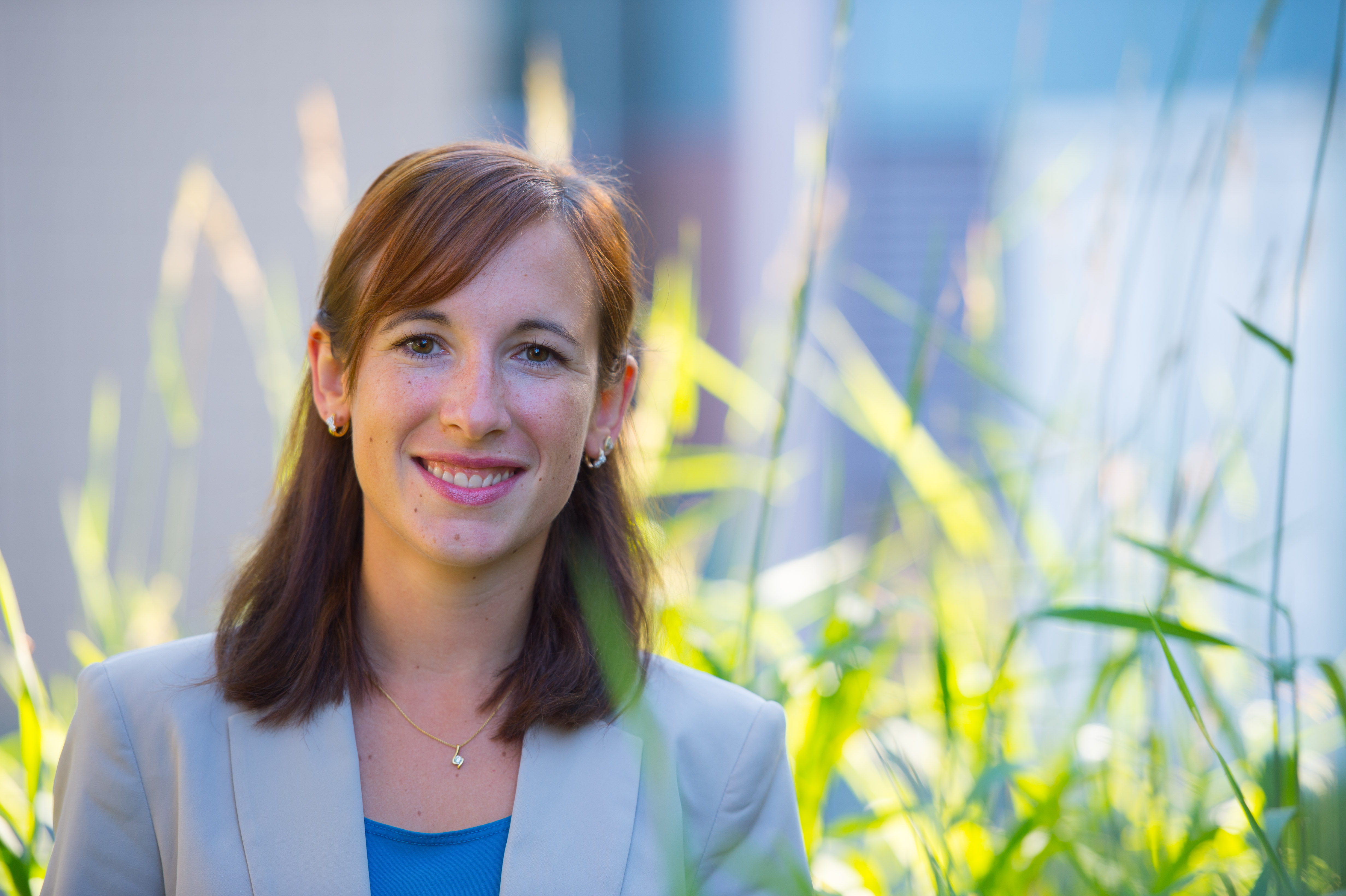 |
It is therefore not surprising that, many years later, at the end of her studies at ENSEEIHT, one of the most renowned engineering schools in the pink city, she sought and found an internship in Viking country. She then completed her studies in Toulouse with a Master’s Degree in Innovation and Technology at TBS and was hired... in Narvik, in the solar panel company where she had done her internship in 2008. In 2012, she joined Equinor, the major Norwegian oil group, where she is currently responsible for maintenance planning on the NORNE offshore platform in the Norwegian Sea. |
But if she is still based in Harstad, close to the Lofoten Islands, 14 years after her arrival in the country, it is also because she found it an ideal place to start a family and lead a balanced life to raise her two children with her Norwegian husband. She confides in me that she would not return to France for anything in the World, despite her nostalgia for wine and cheese, because she is so in tune with the country's way of life and with the working conditions in her company.
| The hierarchy is very 'flat' and approachable, relationships are simple, including with top management. |
Simple and benevolent relationships.
Indeed, the Nordic culture, shaped by the harshness of the living conditions, is based on mutual aid and cooperation: So close to the Arctic Circle, it is inappropriate to feel above others, and this is not without consequences in the practice of leadership or management. As illustrated by a famous photo of the King of Norway (see opposite) handing his train ticket to the ticket inspector, human relations are very direct and based on a natural benevolence.
| In the company, this translates into the search for consensus at all costs |
| As a result, the hierarchy is very 'flat' and approachable, and relationships are simple, including with top management. Marion remembers a presentation she gave to the group's Chief Financial Officer, which was very straightforward, and the CFO listened attentively to her presentation. Also, this humility which characterises Norwegian human relations is instilled from childhood. Education is based on equality, cooperation, and mutual aid. The notion of preparatory classes and then competitive examinations in the French style has no meaning in these latitudes, perhaps to the detriment of a certain form of excellence resulting from competition. | 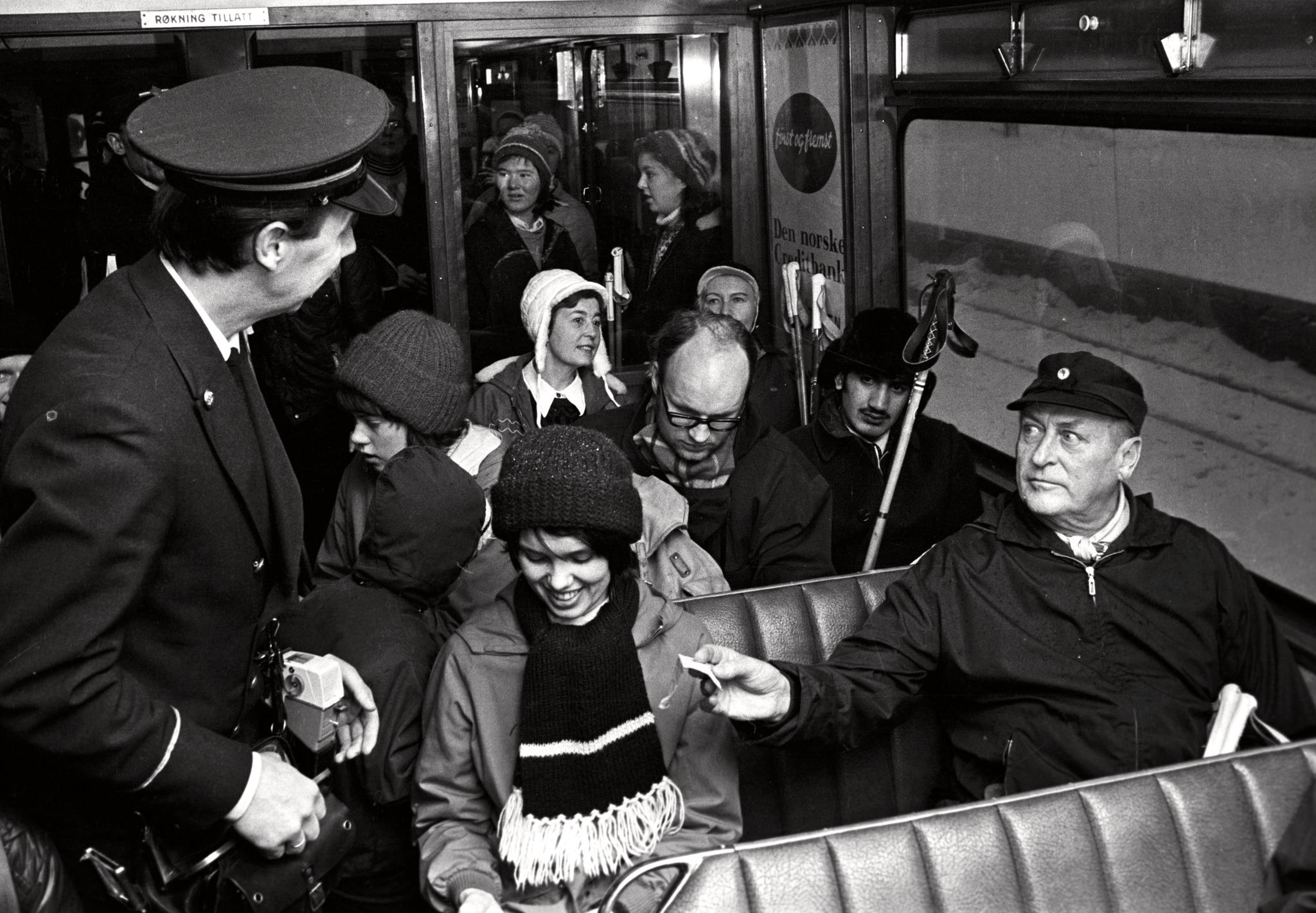 |
In the company, this translates into the search for consensus at all costs: everyone has to give their opinion before a decision is made, which slows down the decision-making process considerably. "Things take time," Marion tells me. But, on the other hand, the stress of the hierarchy is almost non-existent and social relations are carried out in the same way: Social dialogue is held in mutual respect of the partners, in this country where employees can only exercise their right to strike every two years!
As a result, the health crisis and the massive practice of teleworking have not really changed the way work is done. Here, exchanges around the coffee machine are frequent but brief, meetings start and end on time, privacy is fully respected, as is trust.
An anecdote illustrates the low impact of health measures: When the restrictions on standing one metre away from the person you are talking to were lifted, a humourist said that this would be the opportunity for Norwegians to go back to normal, i.e. to stand two metres apart from each other. The relationship with nature and wide-open spaces is certainly not to blame...
Viking women: Vestiges of the matriarchal order
In terms of gender equality, Norway is also exemplary, and this is nothing new: "The Viking woman enjoyed obvious prestige. She was the guardian of family traditions and ended up being the embodiment and honour of her clan. More often than men, she was a witch or magician. Sometimes women took part in Viking expeditions. So needless to say, parity is a given. Marion particularly appreciates this in her personal life, with 59 weeks of maternity or paternity leave, she can bring up her children with a complete peace of mind, without damaging her career. The balance between personal and professional life is not arbitrated as it is in France, and even a manager can interrupt a meeting to pick up his sick child without anyone getting upset.
| In terms of gender equality, Norway is also exemplary, and this is nothing new |
But this minimal level of stress is not without annoyance for Marion, whose Latin roots would sometimes call for more expeditious decisions. In this respect, she is very interested in the multiple cultural dimensions of management, especially sSince a misadventure during an assignment in Singapore during which she underestimated the weight of Asian culture, She has been reading books on the subject and recommends that I read "The Invisible Elephant - Exploring Cultural Awareness" by Tom Verghese. But despite some minor inconveniences, Marion is not ready to exchange her life in Harstad for the charms of the deep south: Her Ardennes origins give her a greater compatibility with the wilderness of the fjords, even if the polar nights are sometimes quite long...




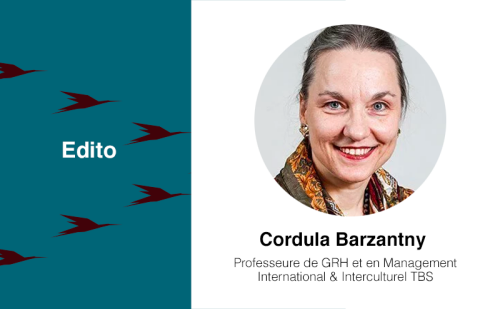
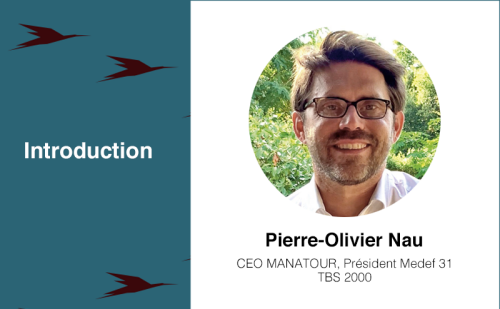
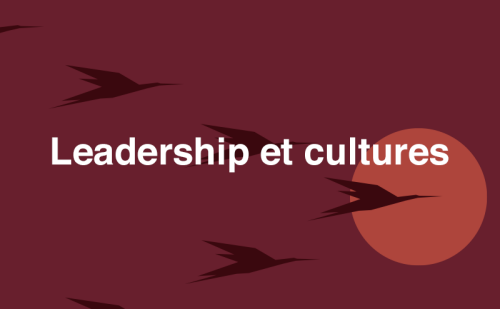
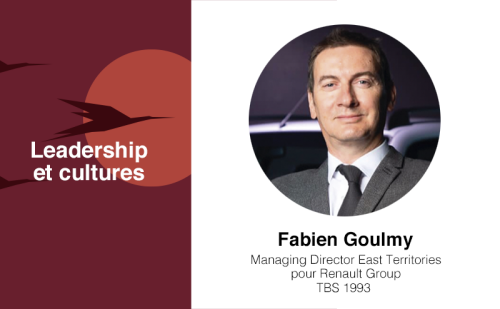
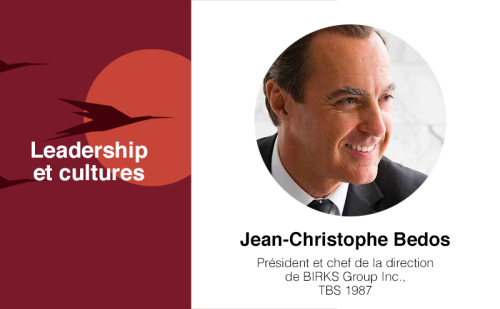
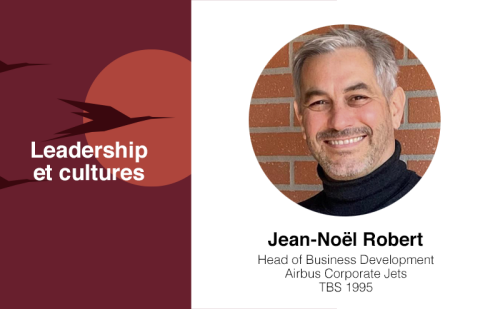
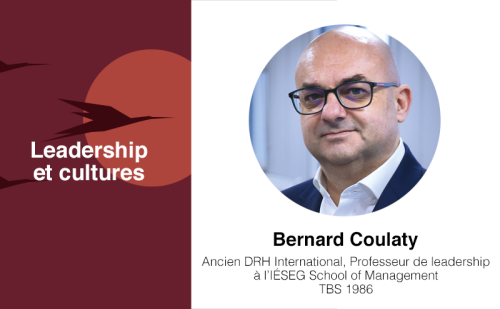
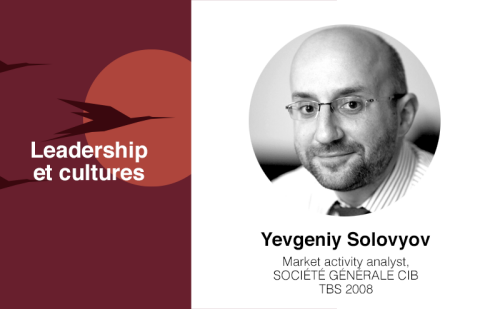
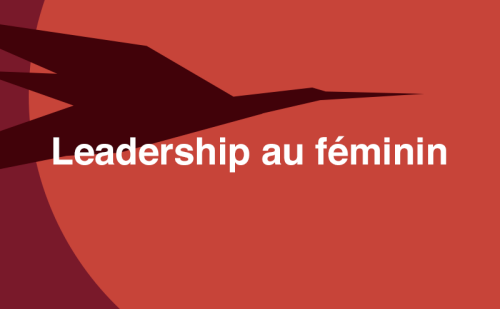
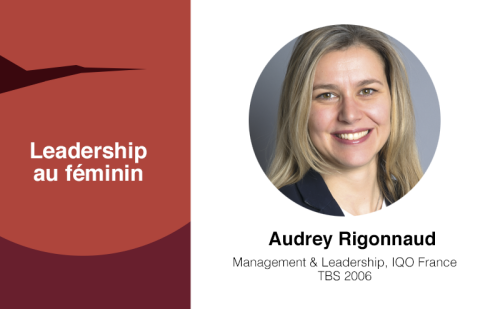
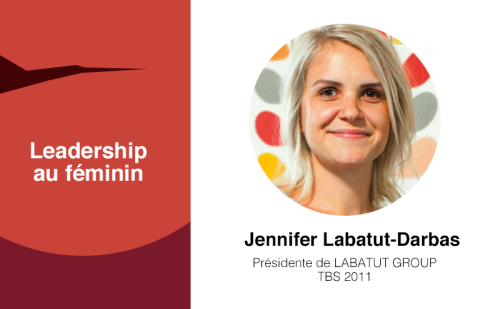
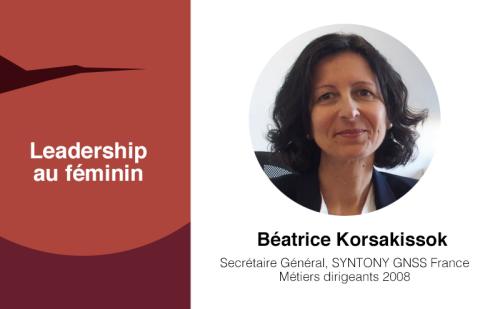

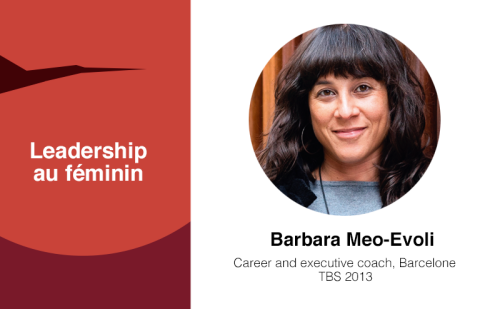
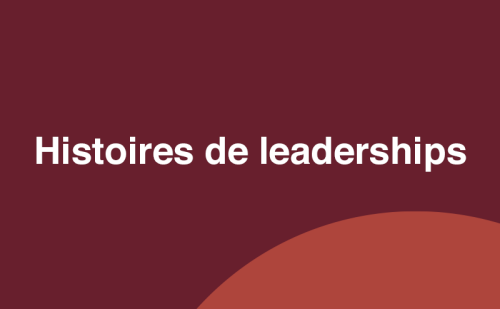

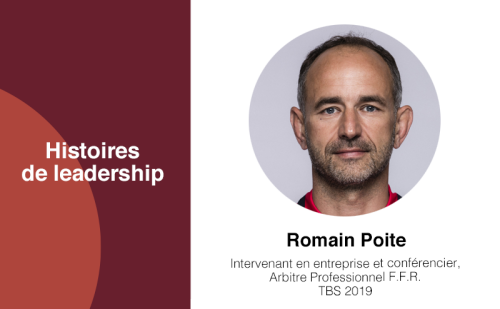
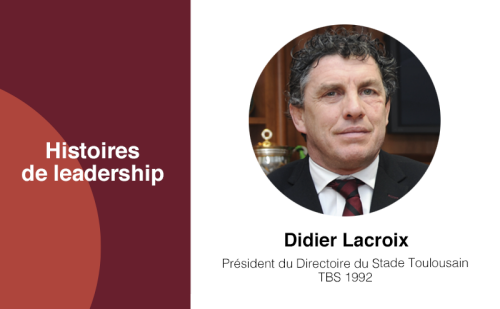


No comment
Log in to post comment. Log in.